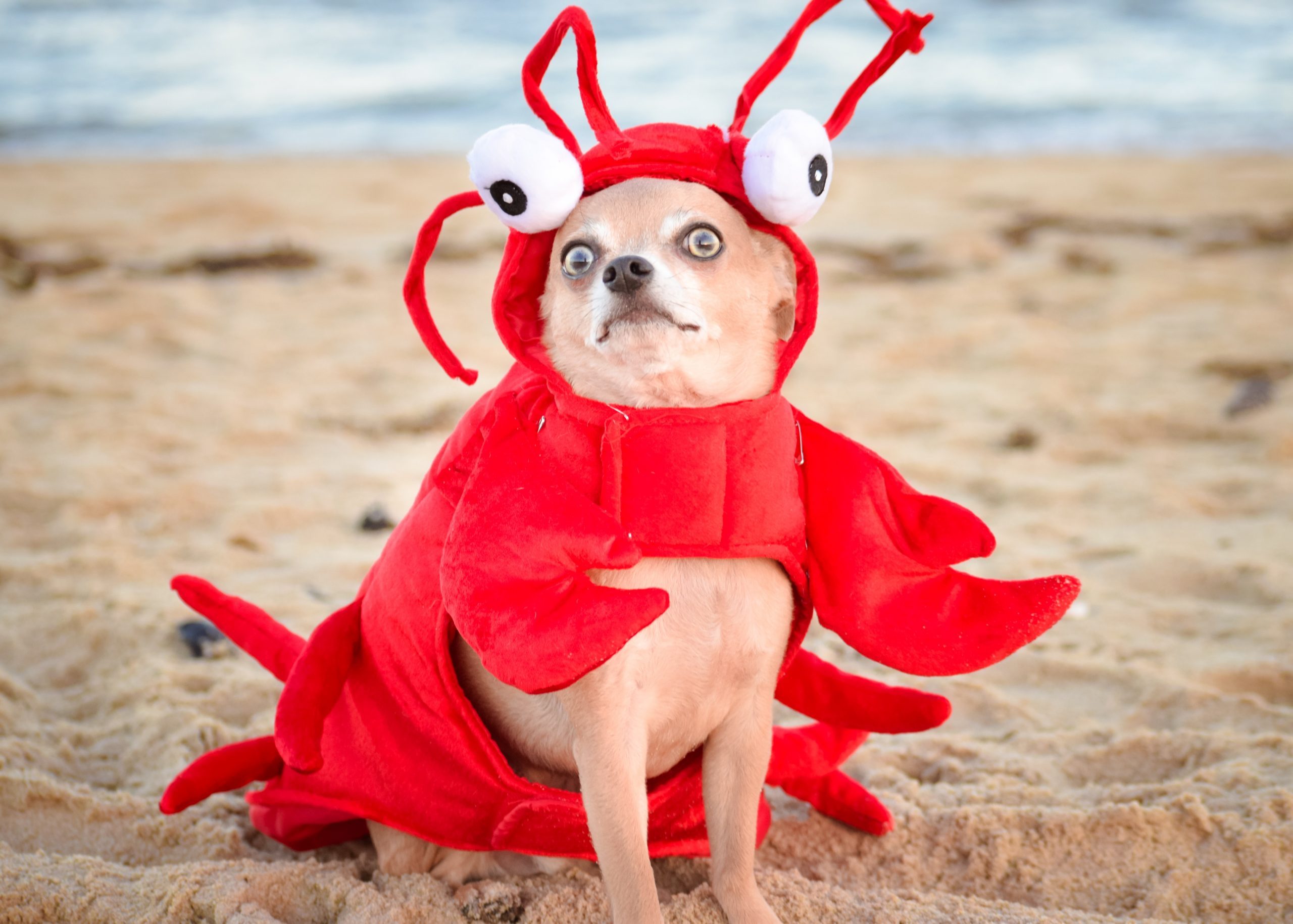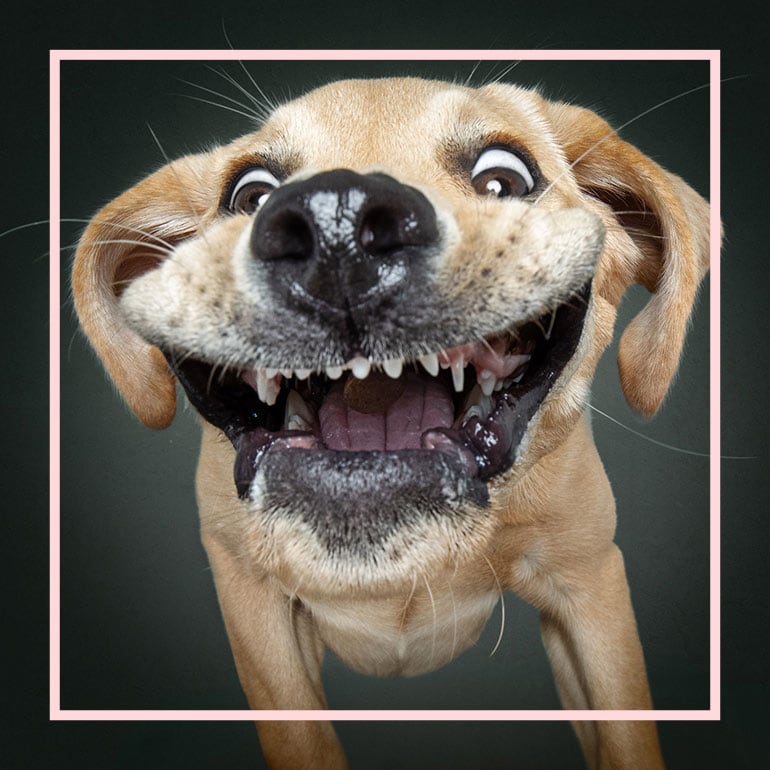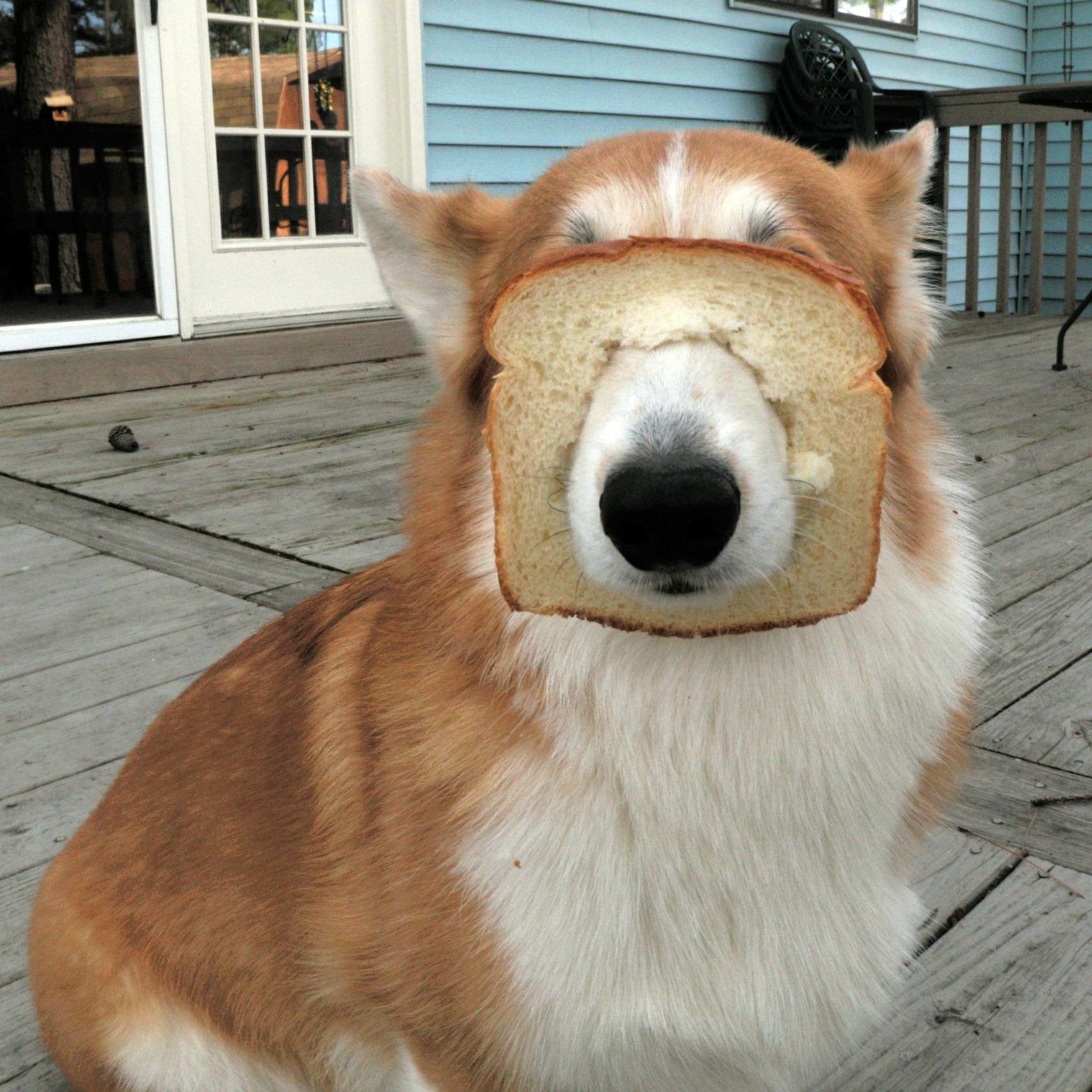Funny Racist Jokes - Exploring Humor And Its Impact
When we talk about humor, things can get pretty interesting, especially when the jokes touch on sensitive subjects. We're looking at a collection of jokes that some folks find quite amusing, and others, well, they might not feel the same way. This exploration looks at a big group of these jokes, many of which people have seen and even rated. It's about understanding what makes these particular kinds of jokes what they are, and how they get put out there for people to see. There are, you know, a lot of different opinions about humor that deals with groups of people, and this piece tries to lay out some of those thoughts.
This discussion, you see, comes from looking at a lot of information, like lists of what people consider the very best or the most talked-about jokes in this specific area. We're talking about hundreds of jokes here, some that are just quick one-liners, and others that might be a little longer. It's quite a thing to consider how these jokes get picked out as the "funniest" by visitors, and what that might mean for how humor works in general.
So, as a matter of fact, we're going to go through what these jokes are made of, how they might affect different people, and some of the ways folks are trying to talk about or deal with the issues these jokes bring up. It's a way to get a better handle on the whole situation, from how these jokes get shared to the bigger conversations they kick off in our communities.
Table of Contents
- What Exactly Makes Up Funny Racist Jokes?
- The Big Conversations Around Funny Racist Jokes
- How Do Funny Racist Jokes Affect People and Society?
- What Do People Say About the Funniest Racist Jokes?
- Is There a Way to Address Funny Racist Jokes?
- Looking at Specific Funny Racist Jokes
- Why Do People Collect Funny Racist Jokes?
- The Idea of "Harmless" Funny Racist Jokes
What Exactly Makes Up Funny Racist Jokes?
When we talk about what makes up these sorts of jokes, it's pretty clear that they often use fixed ideas about certain groups of people. These jokes, you know, tend to lean on things that many people already think about different races or backgrounds. They take those ideas and, in a way, twist them to try and get a laugh. The goal, apparently, is to be amusing rather than mean-spirited, even though they build on these group ideas.
A joke like this, for example, is a type of humor that keeps going with fixed ideas, unfair treatment, or unkind thoughts about a particular group of people based on their race or where they come from. It's a way of making light of things that, for some, are quite serious. The jokes are, in some respects, a kind of shorthand, playing on things that are already out there in the world.
So, while some folks might see these jokes as just a bit of fun, they do work by making these group ideas stronger. They might not always mean to cause trouble, but the way they are built means they rely on these established thoughts about people. This reliance on fixed ideas is a really important part of how these funny racist jokes get their shape and how they are understood by those who hear them.
It's quite a thing to think about the arguments people make for and against the idea that these jokes are funny. Some might say that humor can come from anywhere, that it helps to break down barriers, or that it's just a way of letting off steam. Others, on the other hand, might argue that using fixed ideas, even for a laugh, can cause real hurt or make unfair ideas about people seem normal. This tension is a big part of the discussion around funny racist jokes.
The Big Conversations Around Funny Racist Jokes
These kinds of jokes, you know, stir up a lot of talk, especially when it comes to things like speaking freely, being thoughtful about different cultures, and what's right or wrong in comedy. It's like a big pot of different ideas boiling over. People have very strong feelings about whether you should be able to say anything you want, or if there are certain lines that humor should not cross. This creates a rather interesting set of discussions about funny racist jokes.
When we talk about speaking freely, some folks believe that all words, even those that might upset some, should be allowed. They might say that humor is a way to challenge things or to bring uncomfortable truths out into the open. But then, as a matter of fact, others will argue that speaking freely has limits, especially when words cause harm or make certain groups feel less than others. This is a common point of discussion when people consider funny racist jokes.
Then there's the idea of being thoughtful about different cultures. This is about how words and jokes can affect people from different backgrounds. What might be seen as a bit of fun in one group could be deeply hurtful or disrespectful in another. It’s about understanding the different ways people see the world and the importance of showing respect for those differences. This part of the conversation is very much about the impact of funny racist jokes on real people.
And finally, there's the question of what's right or wrong in comedy. Is there a moral compass for jokes? Should humor always be kind, or can it be sharp and challenging? These are not easy questions, and people have many different answers. Some think that comedy should push boundaries, while others believe it has a duty to be responsible and not to add to unfair treatment. This part of the discussion really gets to the heart of what makes funny racist jokes so debated.
How Do Funny Racist Jokes Affect People and Society?
Looking at how these jokes affect everyone, it's pretty clear they can have a wide reach. They don't just exist in a vacuum; they get heard, repeated, and they can shape how people think, even if just a little. The way these jokes work, they can make certain ideas about groups of people seem normal, which is something to really consider. This is a big part of the discussion when we think about funny racist jokes and their place in our daily lives.
The effects can be quite varied. For some, these jokes might just pass by, not really sticking. For others, they might cause a moment of discomfort, a slight unease. And for still others, particularly those who are the target of the joke, the effect can be much deeper, leading to feelings of being put down or misunderstood. It’s a bit like a ripple effect, where one small stone can create waves far from where it landed.
The idea that "Racism can't exist if everybody's white" is a joke that, you know, touches on a very real issue. It plays with the thought of what would happen if everyone were the same, implying that differences are what cause problems. But then, as a matter of fact, the follow-up, "But i realized it was too dark," flips that idea, showing that even in a world trying to be simple, there are still ways for things to be seen as different or problematic. This kind of joke, in its own way, makes us think about the ideas behind unfair treatment.
These jokes, you see, are part of a bigger picture. They can, perhaps, make it seem okay to use fixed ideas about people in everyday talk. This can, over time, make it harder to challenge unfair ideas when they pop up in more serious ways. It’s a slow process, but humor, even when meant to be light, can play a part in it. This is why the societal impacts of funny racist jokes are worth exploring.
What Do People Say About the Funniest Racist Jokes?
People have, apparently, very strong opinions about what makes a joke funny, especially when it comes to these kinds of jokes. We've seen collections that boast about having "The funniest racist jokes only!" and claim they're "All sorted from the best by our visitors." This suggests there's a whole community out there rating and picking out what they consider the very best. It's a bit like a competition for the most amusing, you know, funny racist jokes.
There are lists that highlight the "top 10 racist jokes from collection of 525 jokes rated by visitors," and even "top 10 racist one liners." This sheer volume, this desire to categorize and rank, tells us something about how people engage with this type of humor. It's not just a few isolated instances; it's a significant body of content that people are actively seeking out and evaluating. This really shows how much interest there is in finding the "funniest" among funny racist jokes.
Some lists go even further, claiming to have "35+ of the best racist jokes (no filter) that you'll ever hear—from asians to mexicans to blacks." The "no filter" part suggests a certain kind of raw, unedited humor, perhaps aiming to be edgy or daring. The mention of different groups shows the wide range of targets these jokes can have. It's clear that, in some circles, the measure of a joke's goodness is its perceived lack of restraint, especially for funny racist jokes.
It's also worth noting that some of these jokes might come with a warning, like "This joke may contain profanity." This tells us a little about the content itself, that it might use strong language. It also shows that the people putting these jokes out there are, perhaps, aware that some parts of the jokes might not be for everyone. The presence of such warnings is a small detail, but it does, in a way, add to the overall picture of funny racist jokes.
Is There a Way to Address Funny Racist Jokes?
When we think about these jokes, it's pretty clear that there are ongoing efforts to talk about them and to deal with the issues they bring up. It's not just a matter of ignoring them; people are actively trying to figure out how to respond to them in a meaningful way. This often involves looking at what these jokes are made of, how they affect people, and what steps can be taken to create a more thoughtful environment around humor.
One way people address this is by exploring what exactly makes a joke fall into this category. Is it the intent of the person telling it? Is it the impact on the listener? Is it the use of certain words or ideas? These are all questions that come up when trying to define and, therefore, address these jokes. It’s a bit like trying to draw a line in the sand, which can be quite difficult, you know, when dealing with something as fluid as humor.
Another part of addressing this involves looking at the bigger picture – how these jokes fit into what we might call the "societal impacts." This means thinking about how they might shape general attitudes, even subtly, or how they might contribute to an environment where certain groups feel less respected. It’s about understanding the ripple effect, as it were, of humor that relies on fixed ideas about people.
And then, as a matter of fact, there are discussions about what can be done to combat the negative aspects. This isn't necessarily about banning jokes, but more about encouraging a different kind of humor, or helping people understand the potential for hurt that these jokes carry. It’s about education, about conversation, and about finding ways to build bridges rather than walls through the things we say and laugh at. This is a very active area of thought when it comes to funny racist jokes.
Looking at Specific Funny Racist Jokes
We saw a line like, "I'm not racist, but you look great today. and they say, that." This is a classic setup, you know, where someone tries to say something that seems okay, but the opening phrase often makes people wonder what's coming next. It plays on the idea of someone trying to distance themselves from a label while, perhaps, still saying something that could be seen as questionable. It's a kind of humor that relies on that tension.
Then there's the joke about the fixed idea that white people, especially those from America, are very interested in their family background, so much so that many might claim to have a small part of Native American heritage, like "1/64th." This joke, in a way, takes a known idea and exaggerates it for a laugh. It points to a specific kind of thinking and turns it into something amusing, at least for some. This is a very particular example of how funny racist jokes can be constructed.
These examples show how some jokes are built around a common understanding of a group's habits or beliefs. The humor, arguably, comes from recognizing that fixed idea and seeing it played out in a silly or unexpected way. It's about taking something that might be a bit true for some and blowing it up for comedic effect. This is a key part of how these funny racist jokes operate.
The idea that some people might view these jokes as "harmless" is a big part of the conversation. For those who see them this way, the intent might be just to get a laugh, without any real desire to cause hurt or to make fixed ideas stronger. They might see it as just words, not meant to be taken too seriously. This perspective is, in some respects, at the heart of why these jokes continue to be told and shared.
Why Do People Collect Funny Racist Jokes?
It's quite something to think about why people would put together collections of these jokes. We hear about articles that "compiles 450+ controversial jokes —not to endorse them but to." This tells us that there's an interest in gathering these jokes, not necessarily to say they're good or right, but just to have them all in one place for some reason. It's a way of documenting, you know, a certain kind of humor that exists.
The sheer number of jokes mentioned, like "over 102 jokes that span various racial and ethnic," suggests a broad and varied collection. It's not just a few isolated examples, but a large body of content that touches on many different groups. This act of collecting, in a way, makes these jokes more visible and accessible to anyone who might be looking for them. It shows the widespread nature of funny racist jokes.
This compiling might serve different purposes. It could be for study, to understand the patterns and themes within this type of humor. It could be for discussion, to provide examples for debates about free speech or comedy. Or it could simply be for entertainment for those who find them funny. The reason for the collection, as a matter of fact, can be as varied as the jokes themselves.
The phrase "not to endorse them but to" is really important here. It tries to set a boundary, saying that the act of gathering doesn't mean approval. It's like saying, "Here's what's out

Reader's Digest | Funny Photos You Won't Be Able to Stop Laughing at

Christian Vieler Takes Viral, Funny-faced Dog Photos for a Living (And

70 Funny Dog Pictures You Need to See | Reader's Digest